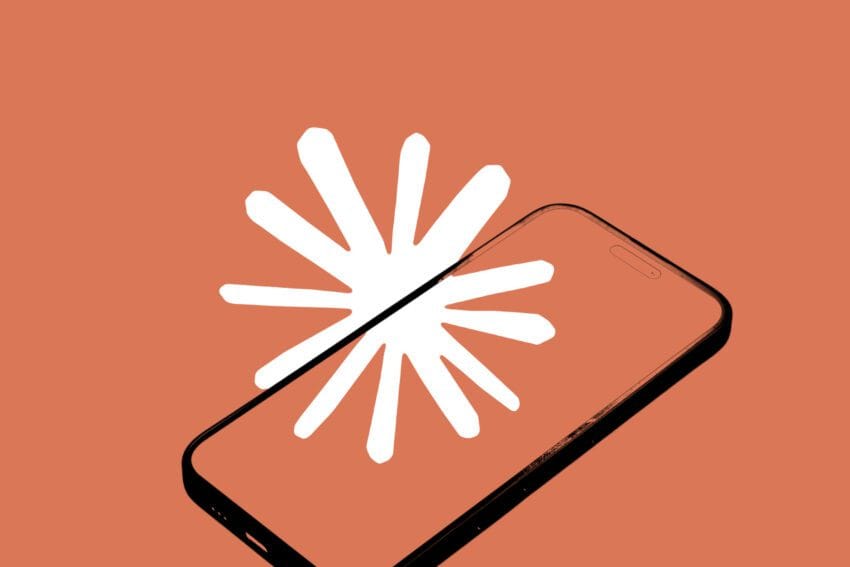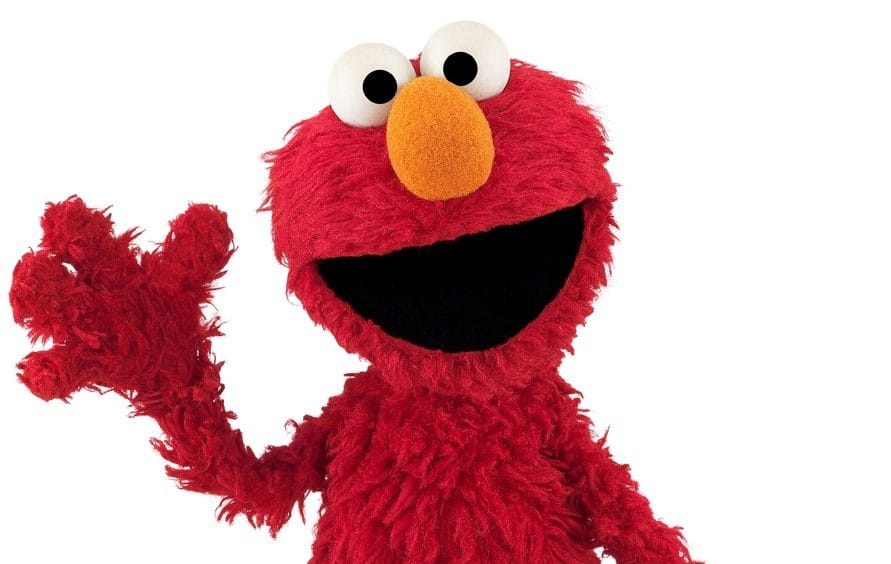
anthropic to pay 1 5 billion to Anthropic has agreed to a groundbreaking settlement that will see the company pay “at least” $1.5 billion to authors whose works were allegedly used to train its AI systems, marking a significant moment in the ongoing debate over copyright and artificial intelligence.
anthropic to pay 1 5 billion to
Details of the Settlement
The settlement amount, which includes interest, breaks down to approximately $3,000 per book or work, with the total expected to cover around 500,000 works. However, if claims exceed this number, Anthropic will pay an additional $3,000 for each extra work. This payout is believed to be the largest publicly reported recovery in the history of U.S. copyright litigation, according to lawyers representing the plaintiffs.
The legal filing described the outcome as “nothing short of remarkable,” highlighting the significance of the case not only for the authors involved but also for the broader creative community.
Court Approval and Future Implications
The settlement is still subject to court approval, with a hearing scheduled for September 8th. If approved, it will resolve the plaintiffs’ remaining legacy claims against Anthropic. Importantly, the settlement does not grant Anthropic a license to use the authors’ works for future AI training, nor does it release any claims that may arise after August 25, 2025. As part of the agreement, Anthropic is also required to destroy the original files it downloaded, as well as any copies.
Background of the Case
This landmark decision is the culmination of a year-long legal saga that began in August 2024 when three authors—Andrea Bartz, Charles Graeber, and Kirk Wallace Johnson—filed a lawsuit against Anthropic. They alleged that the company had “built a multibillion-dollar business by stealing hundreds of thousands of copyrighted books.” The lawsuit raised critical questions about the legality of using copyrighted material to train AI models, a topic that has become increasingly contentious as AI technology advances.
During the summer of 2024, a federal judge ruled that while Anthropic was within its legal rights to train its AI models on legally purchased books, the company would still need to face a separate trial regarding its alleged use of pirated books. This ruling underscored the complexities of copyright law as it intersects with emerging technologies.
In July 2024, a California federal judge further ruled that the authors could bring a class action lawsuit representing all U.S. writers whose works were allegedly included in libraries of pirated books downloaded by Anthropic. This decision was pivotal, as it allowed for a broader range of authors to seek compensation and highlighted the potential for collective action in copyright disputes.
Anthropic’s Position
In a statement to The Verge, Aparna Sridhar, Anthropic’s deputy general counsel, commented on the significance of the settlement. “In June, the District Court issued a landmark ruling on AI development and copyright law, finding that Anthropic’s approach to training AI models constitutes fair use,” she said. “Today’s settlement, if approved, will resolve the plaintiffs’ remaining legacy claims. We remain committed to developing safe AI systems that help people and organizations extend their capabilities, advance scientific discovery, and solve complex problems.”
The Broader Context of AI and Copyright Law
The settlement with Anthropic comes at a time when the legal landscape surrounding AI and copyright is rapidly evolving. Numerous lawsuits have been filed against AI companies over copyright infringement, not just from authors but also from media outlets, platforms, and other creative entities. This surge in legal action reflects growing concerns about how AI systems are trained and the implications for intellectual property rights.
Interestingly, while many creators are seeking legal recourse, there is also a simultaneous increase in partnerships between AI companies and various media outlets. Some organizations are willing to provide data to train AI systems in exchange for a share of the profits generated by these technologies. This duality creates a complex environment where some creators are fighting for their rights while others are collaborating with AI firms to leverage new opportunities.
Anthropic’s Legal Challenges
Anthropic is not new to legal challenges. Earlier this summer, Reddit filed a lawsuit against the company, claiming that Anthropic’s bots had accessed Reddit over 100,000 times since July 2024, despite the company’s assertions that it had blocked such access. This incident raises further questions about the ethical use of data in AI training and the responsibilities of AI companies to respect the terms of service of other platforms.
Additionally, in 2023, Universal Music sued Anthropic for “systematic and widespread infringement of their copyrighted song lyrics.” These legal battles illustrate the broader implications of AI technologies on various sectors, including literature, music, and digital content. The outcomes of these cases could set precedents that will shape the future of AI development and copyright law.
Next Steps for Authors and Rightsholders
For authors and rightsholders interested in participating in the settlement, Anthropic has established a dedicated website, AnthropicCopyrightSettlement.com. This platform will provide potential class members with options to submit their contact information to Class Counsel. In the coming weeks, if the court preliminarily approves the settlement, the website will also feature a comprehensive and easily searchable listing of all works covered by the settlement, along with information about the rights and options available to class members.
Implications for the Creative Community
The implications of this settlement extend beyond the immediate financial compensation for authors. It sets a significant precedent in the ongoing discourse about the use of copyrighted material in AI training. As AI technologies continue to evolve, the legal frameworks governing their use will need to adapt to ensure that the rights of creators are protected.
Moreover, this case highlights the importance of collective action among creators. The ability for authors to band together in a class action lawsuit demonstrates the power of solidarity in the face of large corporations. It serves as a reminder that individual voices can be amplified when united, potentially leading to more equitable outcomes in the rapidly changing landscape of AI and copyright law.
Conclusion
The settlement reached by Anthropic marks a pivotal moment in the intersection of artificial intelligence and copyright law. As the legal landscape continues to evolve, this case will likely serve as a reference point for future disputes involving AI technologies and the rights of creators. The outcome not only provides financial restitution for authors but also raises critical questions about the ethical use of creative works in the development of AI systems. As we move forward, the implications of this settlement will resonate throughout the creative community and beyond, influencing how AI companies operate and how copyright law is interpreted in the digital age.
Source: Original report
Was this helpful?
Last Modified: September 8, 2025 at 6:30 pm
0 views















